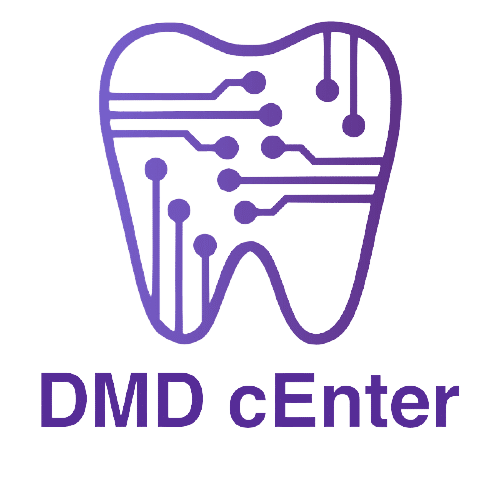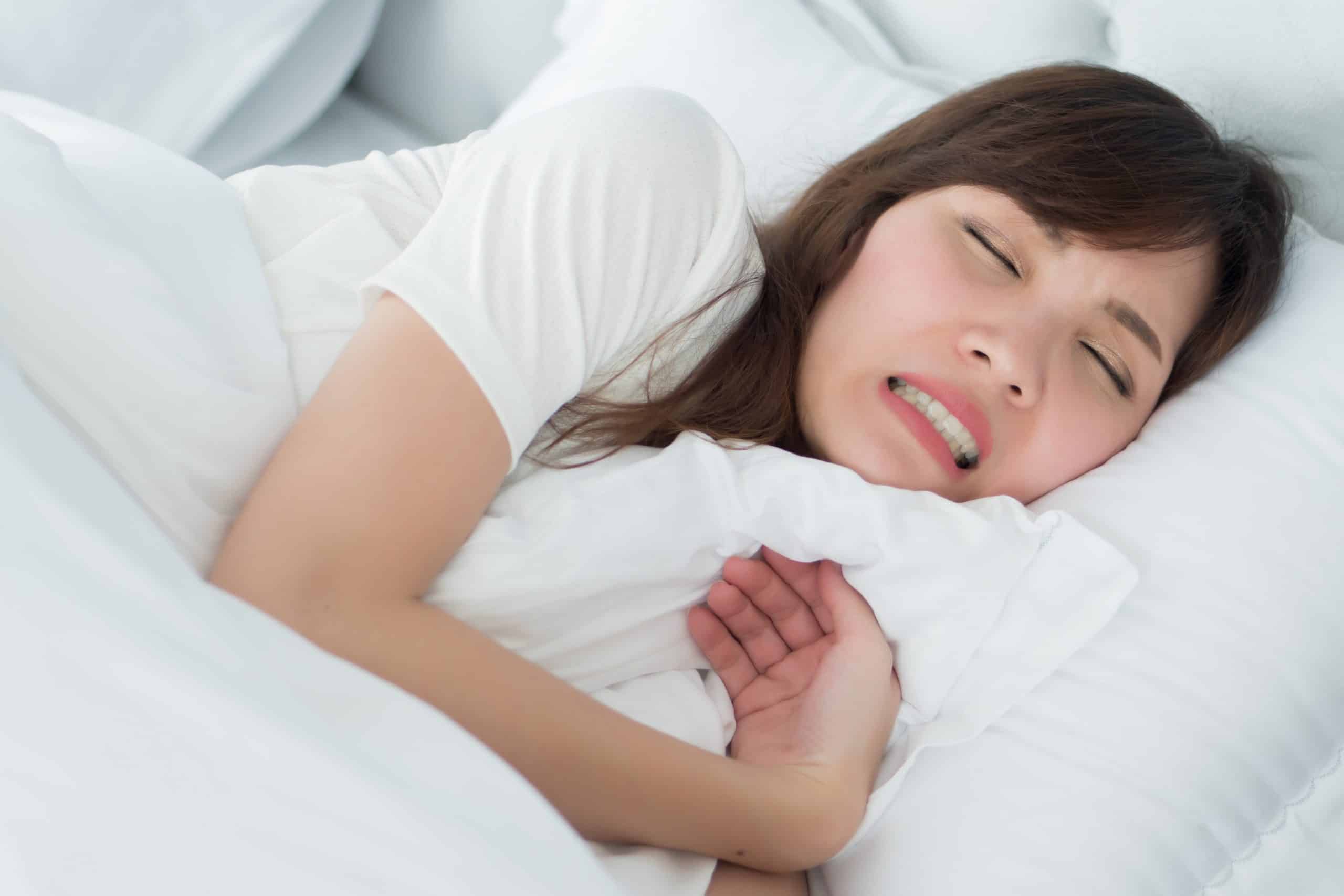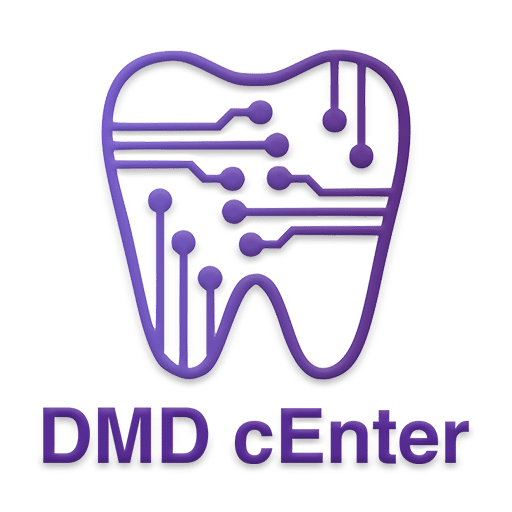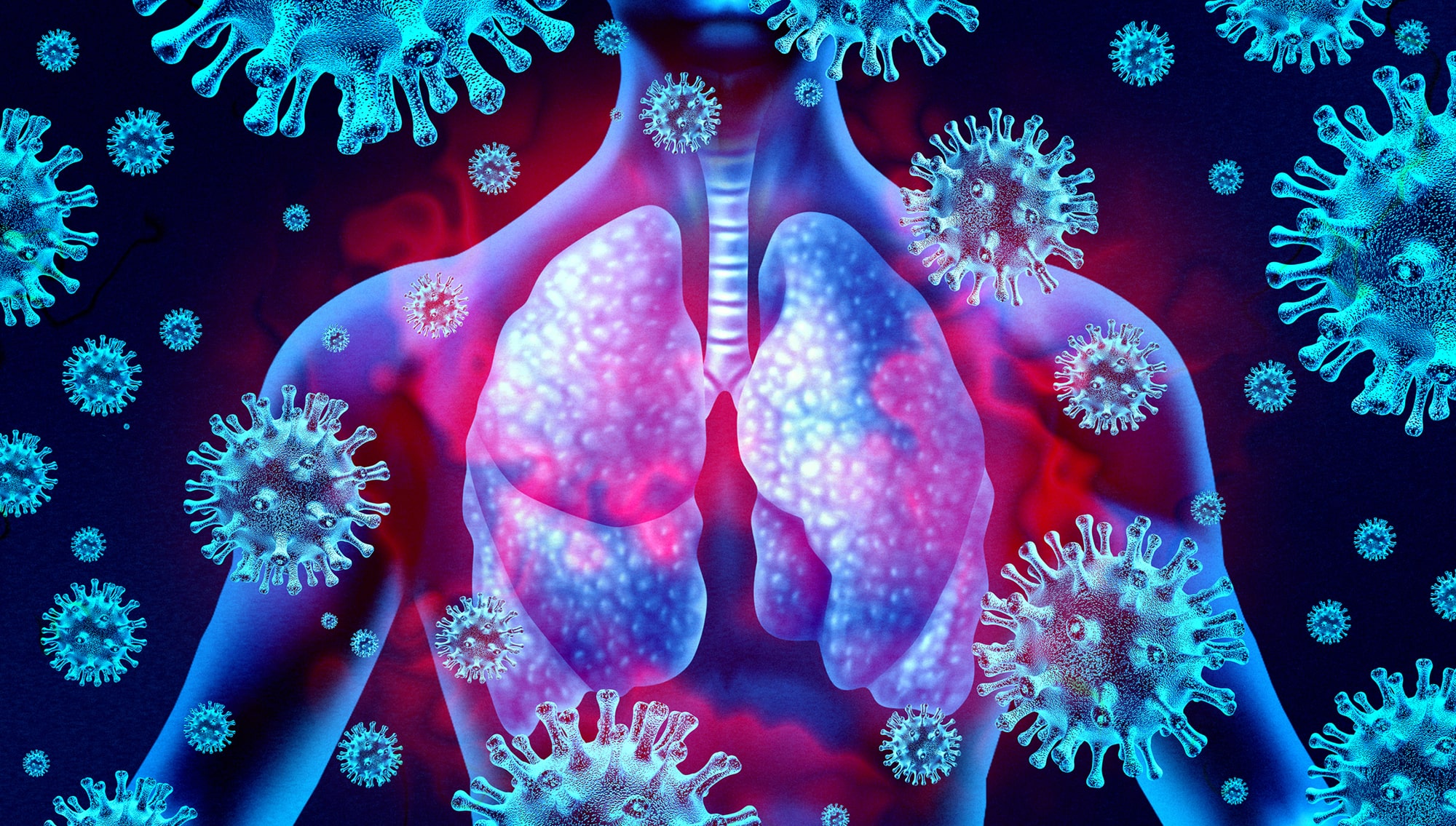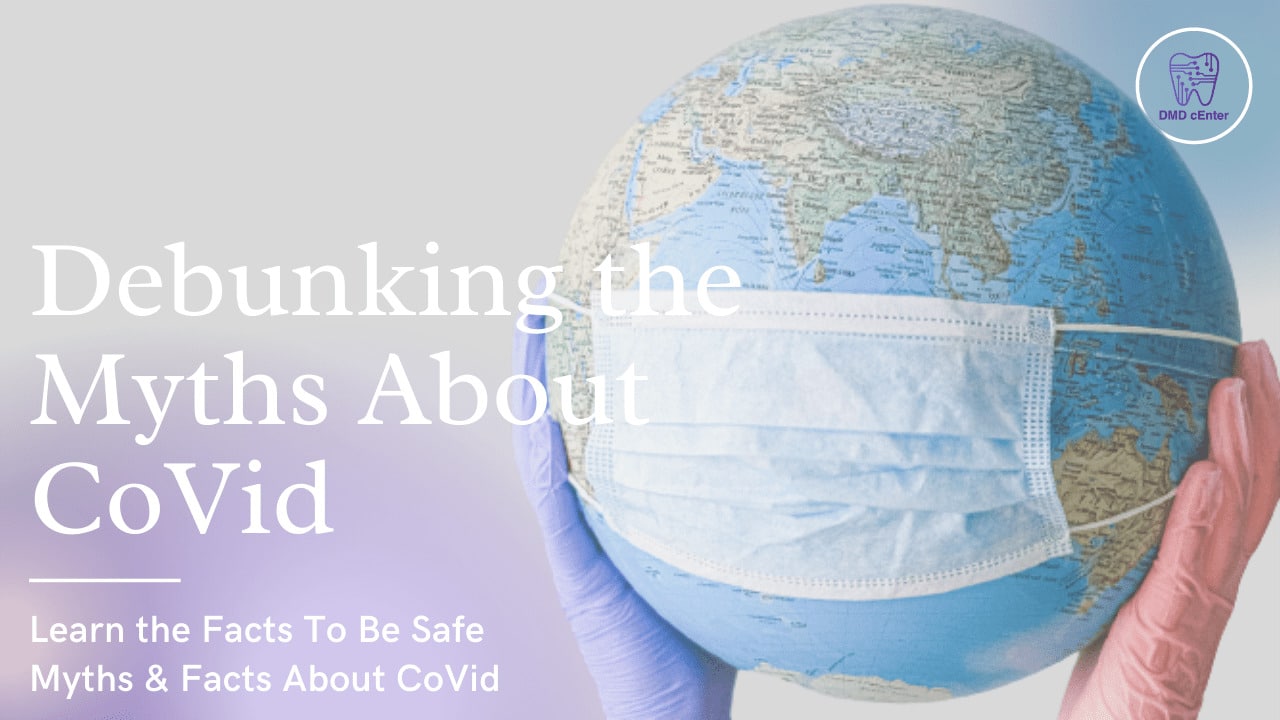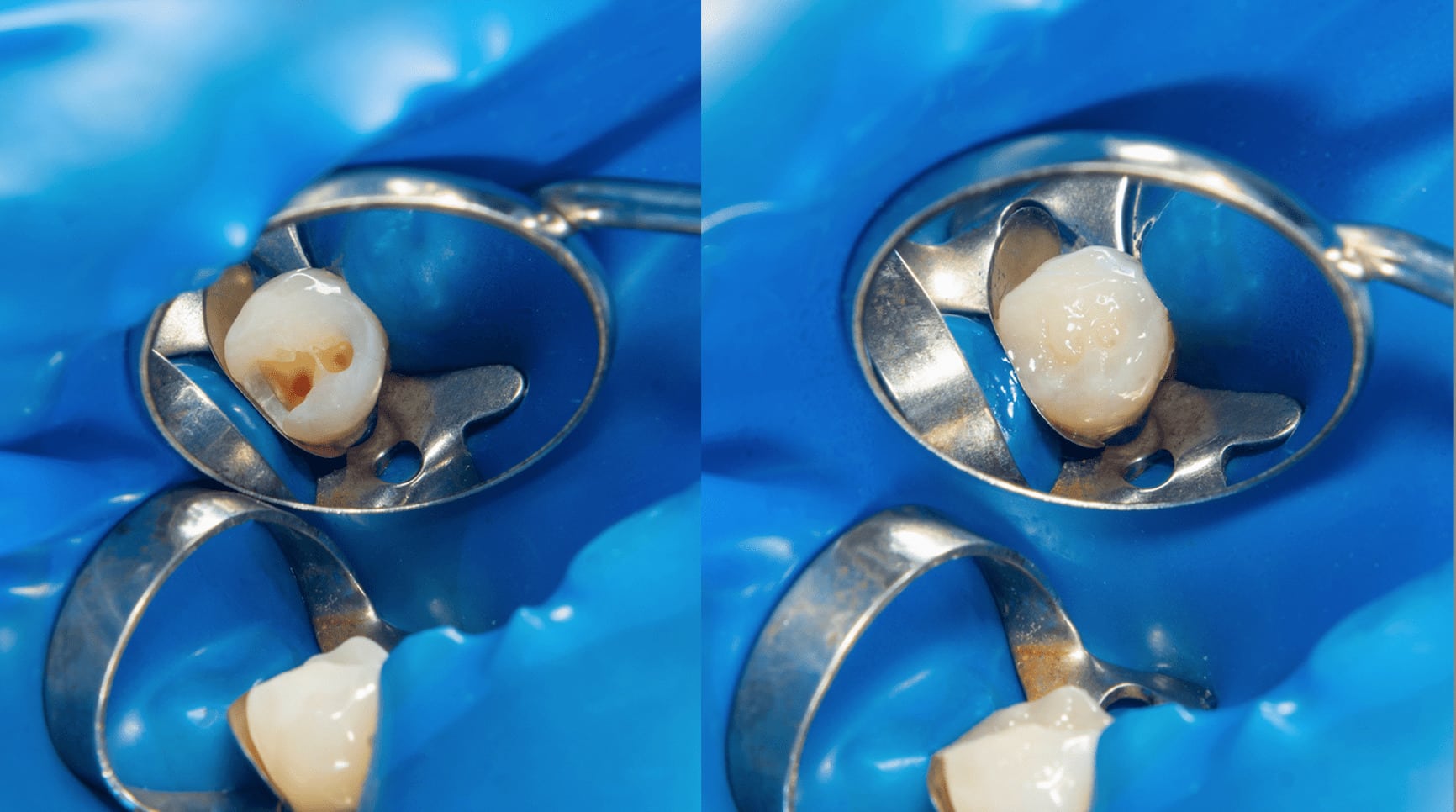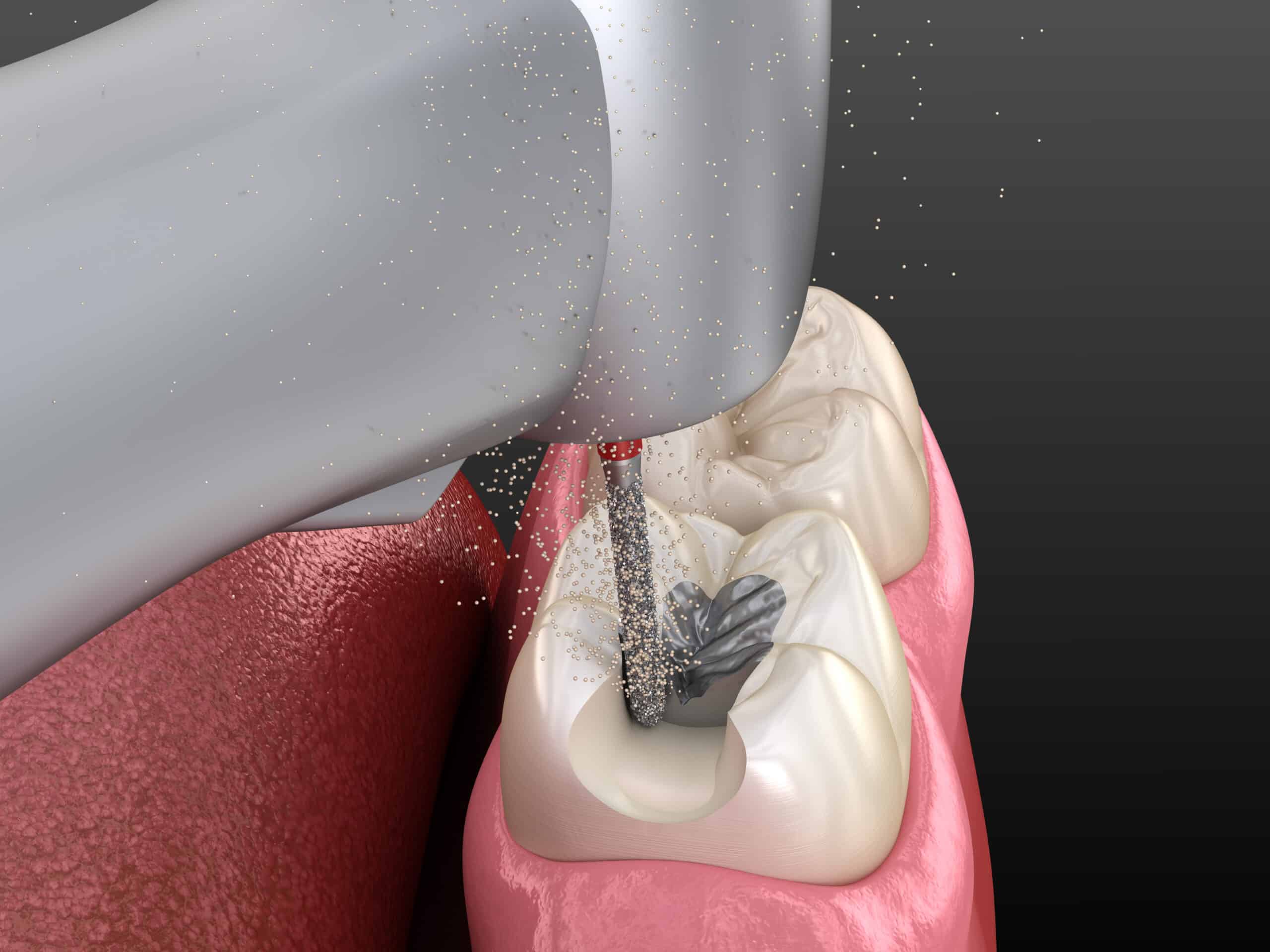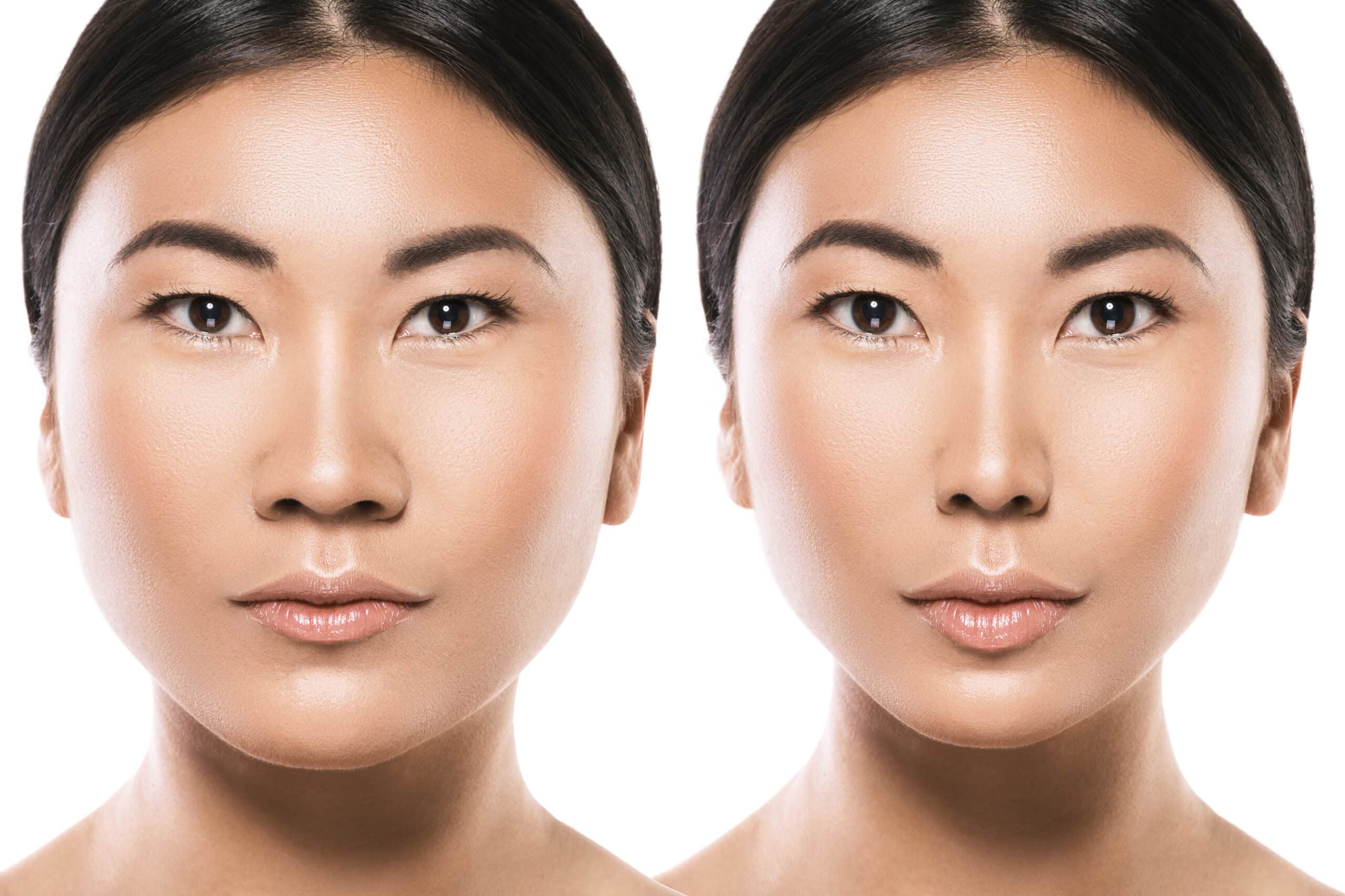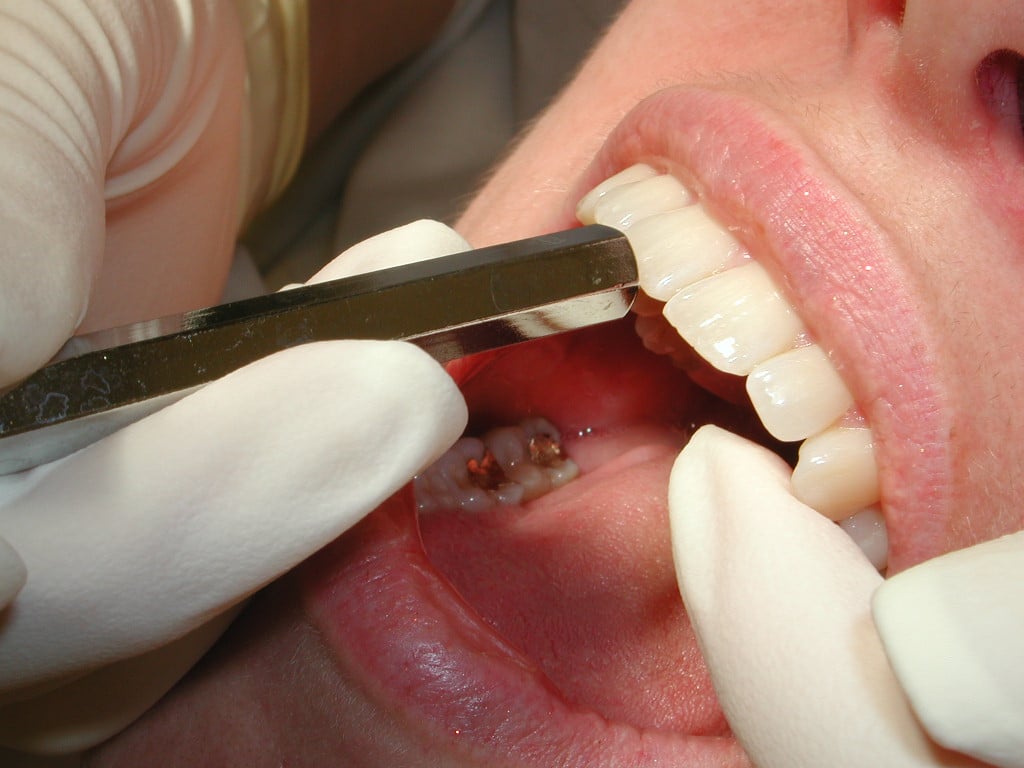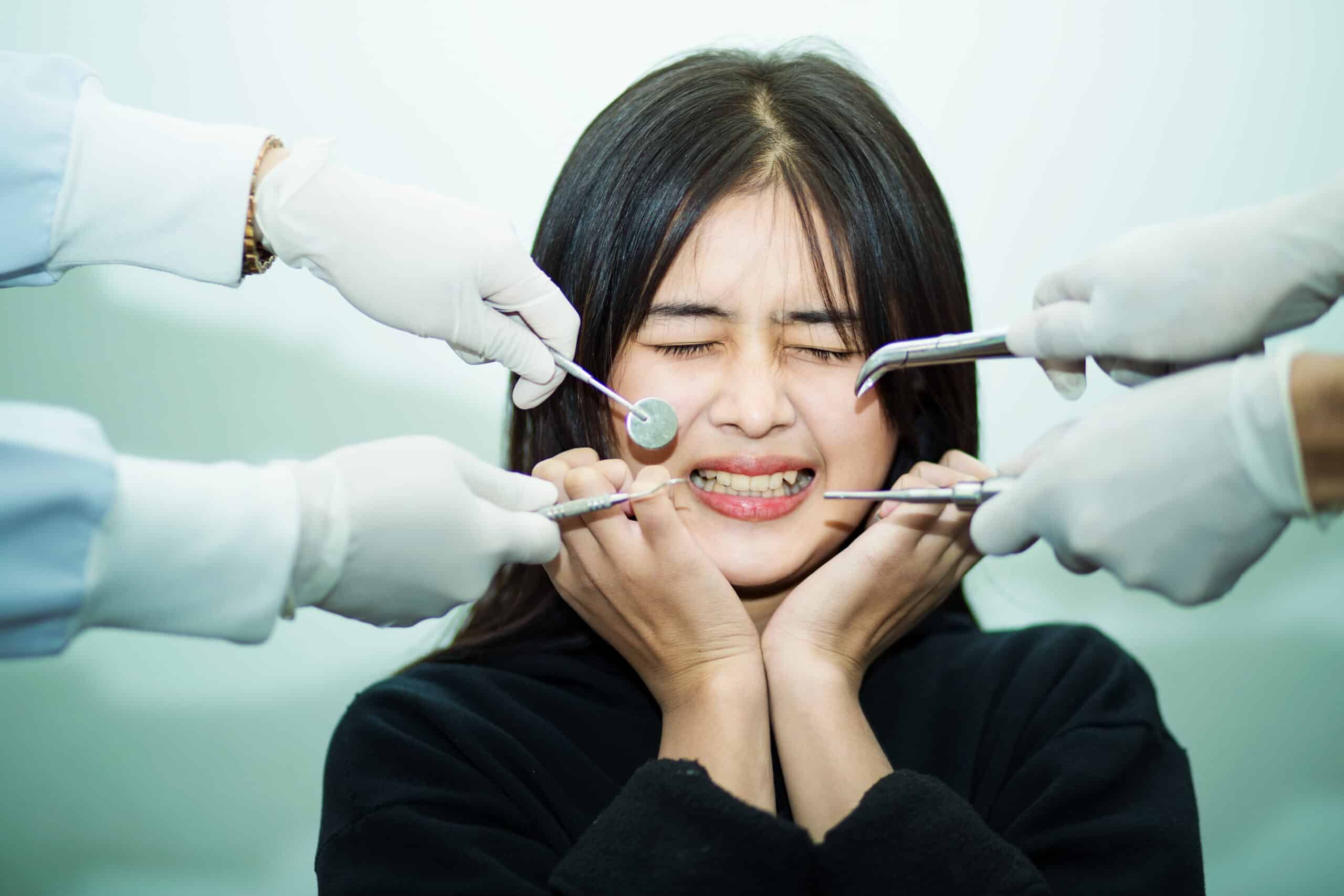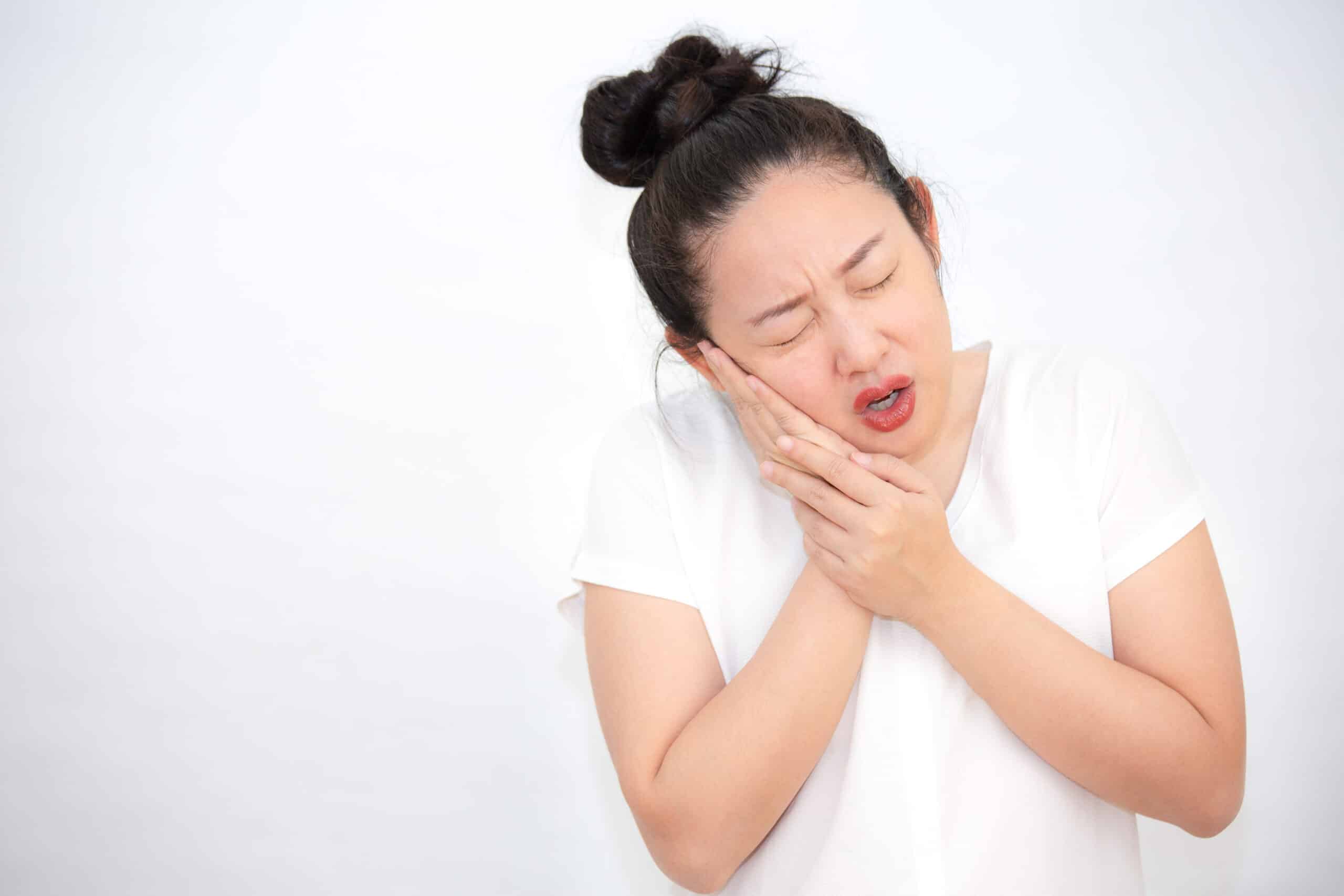HOW DO WE DEAL WITH TOOTH GRINDING?
As we all know diseases whether general or oral are typically caused by our lifestyle, nutrition, genetics and habits unless it's iatrogenic by nature or unknown in cause. On this post, we will discuss an oral habit that can truly damage your teeth, gums and jaws not to mention your general health. This is tooth grinding or what dentists normally calls bruxism. Bruxism is one of those bad oral habits that can be a direct cause of why your oral health is in poor condition. So, in order for you to deal with tooth grinding or bruxism if you have this habit, then, you need to understand first what it truly is.
I. DEFINITION OF BRUXISM
Bruxism is an unconscious activity one does and it is also known as involuntary gnashing, grinding, or clenching of teeth that you do whether you are awake or asleep. However, bruxism is generally related to night grinding of the teeth when one sleeps due to different causes. And, this becomes a concern when you do this on a regular basis as this may result to various oral problems. Moreover, it can even be more destructive when grinding frequently occurs when you are in a deep active sleep (REM stage of sleeping).
II. THE DIFFERENCE
As per mentioned above, bruxism is generally related to "Night Grinding", categorized as Sleep Bruxism. While “Clenching” is defined as clamping the teeth together firmly and tightening the jaw muscles when one is awake, thus, categorized as an Awake Bruxism. This habit may not result to extreme abrasion of ones teeth, but, it does cause more untoward effect on our facial muscles, temporomandibular joint or TMJ and oral surrounding tissues. When one grinds more than one clenches, the extreme wearing down of ones teeth occurs more in grinding. There are cases that this happens interchangeably and sometimes related to different types of sleep disorder. It is more common to women with 20% for adults and 18% for children.
III. CAUSES OF BRUXISM
Bruxism is a habit that can easily be address with adults but more challenging with children. Children who brux usually begin at 4-8 years of age, the numbers increase between 10‑14 years of age and, then, starts declining after age 14.
➢ STRESS, ANXIETY, AGGRESSION, FEAR, or TENSION - It is a physical, chemical or emotional factor that causes bodily or mental tension and may be a factor in disease causation. Bruxism may be related to a person’s state of mind. Our bodies react to stress whether it is wanted or not.
➢ LIFESTYLE - Many lifestyle choices can increase the cycle of bruxism, especially with the use of psychoactive substances such as alcohol, tobacco, drugs and caffeine.
➢ MEDICAL CONDITIONS - these maybe Attention Deficit/Hyperactivity Disorder (ADHD), Autism, Brain Injury, Cerebral Palsy, Depression, Down syndrome, Fibromyalgia, Obsessive-Compulsive Disorder, Parkinson’s Disease, Acid Reflux Disease during sleep, and Sleep Disorders.
➢ MEDICATIONS - Ironically, there are certain medicines that treats the medical conditions mentioned above that can also result to bruxism. These are selective generic-named drugs such as Serotonin Reuptake Inhibitors, Monoamine Oxidase Type B Inhibitors and Dextroamphetemine Sulf-Saccharate.
➢ MALOCCLUSION - the misalignment of the upper and lower jaws.
IV. SIGNS AND SYMPTOMS OF BRUXISM
These are some of the signs and symptoms that one may have if one has the bad habit of bruxism:
➢ Wear Patterns - Worn tooth enamel, or teeth that are flattened, fractured, chipped or loose
➢ Muscle Heaviness - Tight or tired jaw muscles
➢ Soreness - Pain or soreness in the jaw or face and sore and raw spots from chewing the insides of your cheeks.
➢ Headache - Dull headache originating in the temples.
➢ Tooth Sensitivity- There’s an increase of tooth sensitivity.
➢ Sleep Disturbance - Grinding or clenching may result to a certain audible noise that can cause sleep disturbance with your sleeping partner.
➢ Ear Pain - This can be a side effect of bruxism. It can either be referred or real. Since bruxism can cause TMJ issues, and the TMJ is located very close to the ear canal, pain in this area can be experienced.
V. TREATMENTS
It is very important that one must address this bad habit because if it becomes a regular habit this can really result not only to a lot of oral conditions and problems but can also affect your general health. The treatment of bruxism must address the causative factor/s, implement direct preventive measures and restoration of the existing damages it may have already caused in your mouth.
➢ Wearing of Mouth Guards or Night Guards - this is fabricated and given to you by your dentist and worn during nighttime.
➢ Orthodontic and/or TMJ Treatment - this is one of the treatments that your dentist can suggest especially if the cause of your bruxism is due to malocclusion or misalignment of your jaw and teeth or your bad habit resulted already damaged to your TMJ wherein a clicking and/or pain occurs when you open and close your jaw, and you are even experiencing the inability to partially or fully open or close your jaw.
➢ Restorations - this is done by your dentist especially if this habit resulted to the destruction of some or most of your tooth structures. This can be done through fillings or crowns or other type of restorations depending on your dentist’s diagnosis along with you wearing a mouth guard.
➢ Medications - different medications maybe prescribed by your dentist to treat bruxism including benzodiazepines, anticonvulsants, beta-blockers, dopamine agents and muscle relaxants depending on your dentist’s diagnosis or conditions.
➢ Natural Remedies:
(a) Exercise - This helps you to relieve stress. Exercise increases the immune and circulatory systems which helps you to have a peaceful night’s sleep which in turn increases your body’s release of serotonin and dopamine. Also, try to do massage and stretching exercises to relax the muscles.
(b) Relaxing Hobbies - Such as meditation or yoga that can relieve you from stress, anxiety and/or depression.
(c) Vitamins - Calcium, Magnesium, Vitamin C and Vitamin B.
(d) Avoid or cut back on foods and drinks that contain caffeine, such as colas, chocolate, and coffee.
(e) Avoid over consumption of alcohol, smoking and chewing inanimate objects like pencils or pens as well chewing gum as it allows your jaw muscles to get more used to clenching and makes you more likely to grind your teeth.
(f) Relax your jaw muscles at night by holding a warm washcloth against your cheek in front of your earlobe.
➢ Consult Your Doctor and Dentist - You may need to go and visit your physician to address the medical underlying factor of why you are grinding or clenching your teeth. And, your dentist to address your oral conditions brought about it and to correct and eliminate this bad habit.
VI. CONCLUSIONS
Since bruxism or clenching or night grinding initially occurs unconsciously or subconsciously and, more often than not, it is only when someone calls our attention that we are doing it that we become aware it, it is important, then, that we address this bad habit immediately. We need to observe how often we do this habit as well as try to check and see if the signs and symptoms enumerated above already exists in your mouth. Whether or not the signs and symptoms are on the mild and initial stage, it is very critical that you immediately address it. Consult your physician and/or dentist to deal with the causative factor/s, correct the bad habit and repair the existing damage.
CONTRIBUTORS
Dr. M. Jean Villanueva-Galindez - Writer | Editor
REFERENCES
1. Beemsterboer PL. Ethics and Law in Dental Hygiene, 3rd edition. St. Louis, MO. Elsevier. 2017. American Dental Association. Principles of Ethics and Code of Professional Conduct. Accessed August 13, 2019.
2. American Dental Hygienists’ Association. Code of Ethics for Dental Hygienists. Accessed August 13, 2019.
3. Beauchamp TL, Childress J. Principles of Biomedical Ethics, 7th edition. New York, NY. Oxford University Press. 2013.
4. Veatch RM. The Basics of Bioethics, 3rd edition. New Jersey. Pearson. 2012.
5. Frankena WK, Ethics, 2nd edition. New Jersey. Prentice-Hall. 1963.
6. Rule JT, Veatch RM. Ethical Questions in Dentistry, 2nd edition. Chicago, IL. Quintessence. 2004.
7. Ozar DT, Sokol DJ, Patthoff D. Dental Ethics at Chairside: Professional Obligations and Practical Applications, 3rd edition. Washington, DC. Georgetown University Press. 2018.
